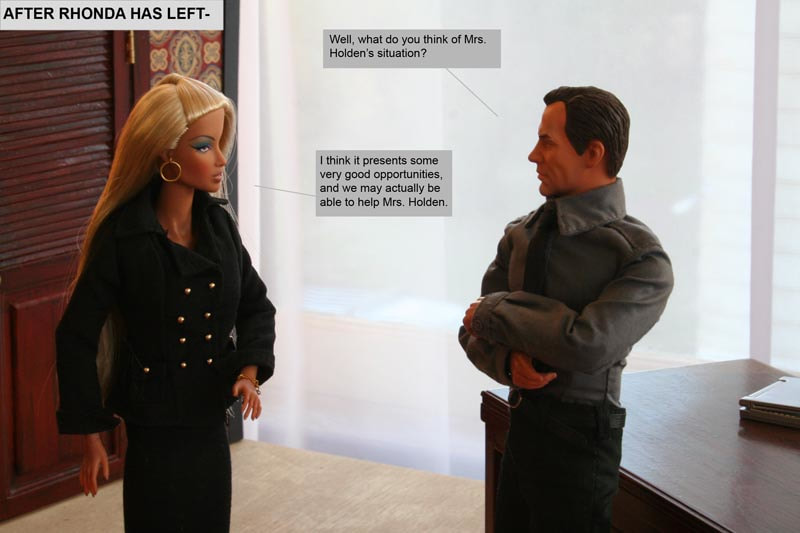

Shortly thereafter, we get the delightful chapter heading “Five Thousand Years Later” and close to 300 frequently maddening pages’ worth of follow-up.

It’s our ability to master complex technological skills. “What keeps us alive,” declares one of them, “isn’t bravery, or athleticism, or any of those other skills that were valuable in a caveman society. All of them are women, but one is post-menopausal the others are the “seven Eves” of the title, whose task is to restart humanity from their new home in space.

When the dust settles, Earth is an uninhabitable fireball, and the space mission’s crew of 1,000-plus has only eight survivors. president who acts like a sci-fi B-movie villain - natural catastrophes are augmented and amplified by human-made catastrophes.

Once politics gets into it, though - especially thanks to a U.S. Naturally, there turn out to be major logistical problems with that idea, many of which occupy the bulk of the novel’s first 500 pages. The International Space Station becomes the centerpiece of a desperate attempt to keep the human race alive after the death of the planet: a “Cloud Ark” in space, with representatives of as much of the gene pool as possible. The first two-thirds of the book is a disaster thriller that’s initially pushed upward like a rocket by that premise, then slowly settles into its own peculiar orbit. Neal Stephenson is amazing at beginnings and not so hot at endings, and his new novel, “Seveneves,” has a marvelous opening sentence: “The moon blew up without warning and for no apparent reason.” The reigning monarch of geek novelists since his 1992 cyberpunk sci-fi landmark, “Snow Crash,” Stephenson specializes in coming up with arresting premises, then teasing out how science and technology would affect their outcome - which can be hard for him to reconcile with the needs of fiction.Īfter the moon breaks into seven pieces on the first page of “Seveneves” (at an unspecified time in the near future), scientists figure out that, in about two years, it will turn into a hail of meteors that will extinguish life on Earth.


 0 kommentar(er)
0 kommentar(er)
